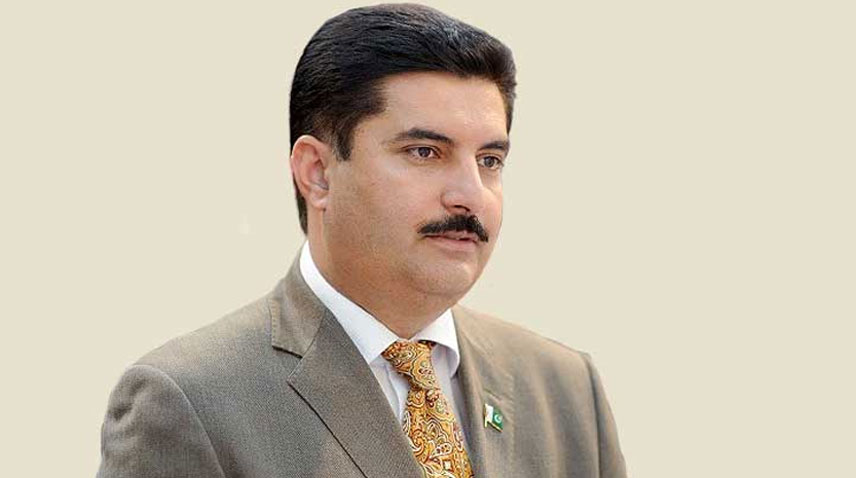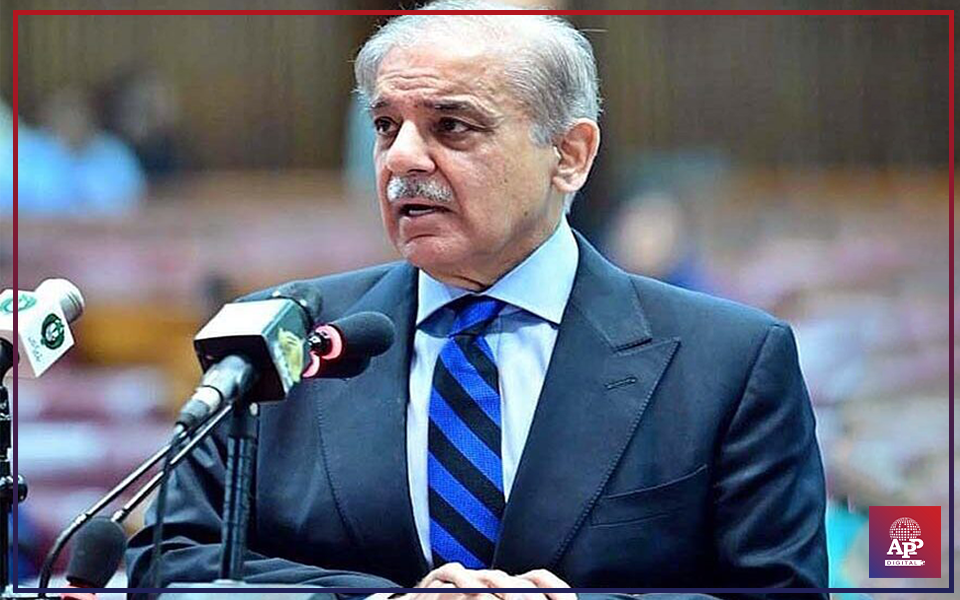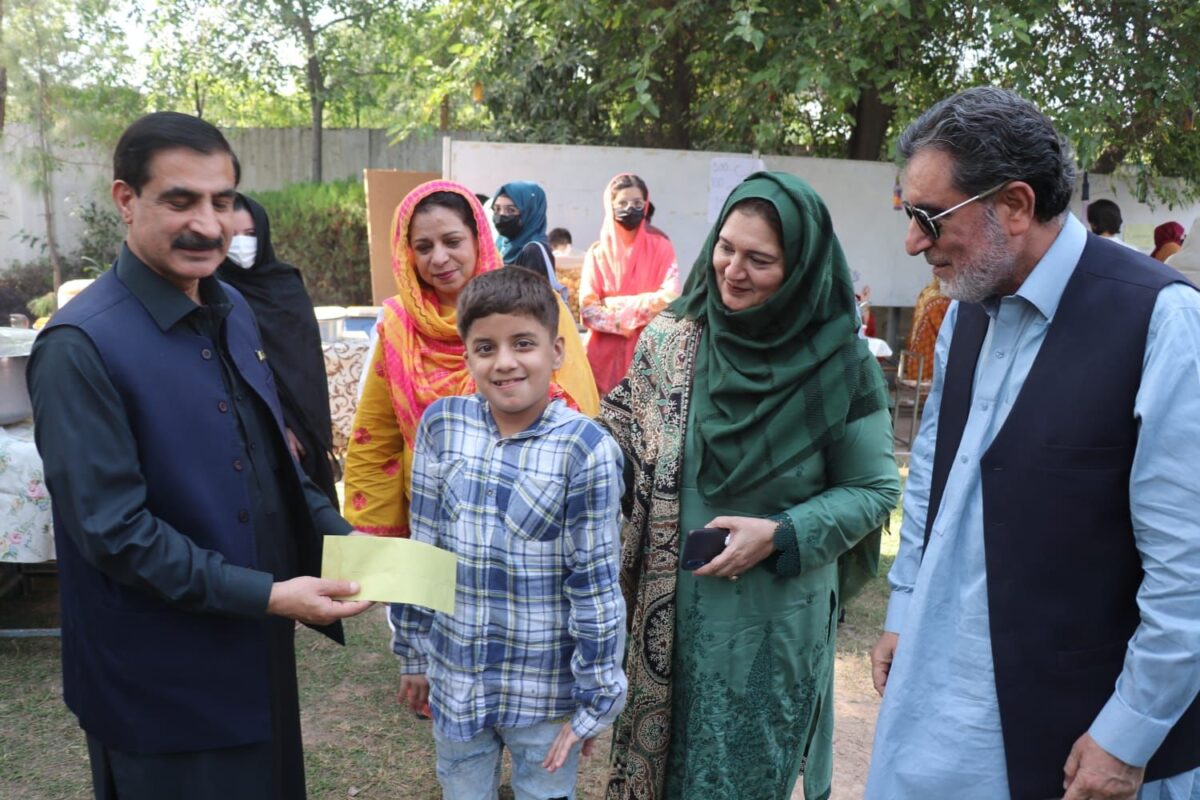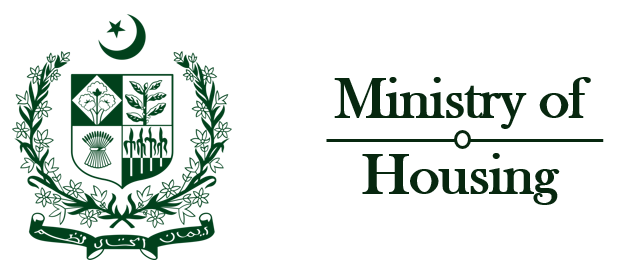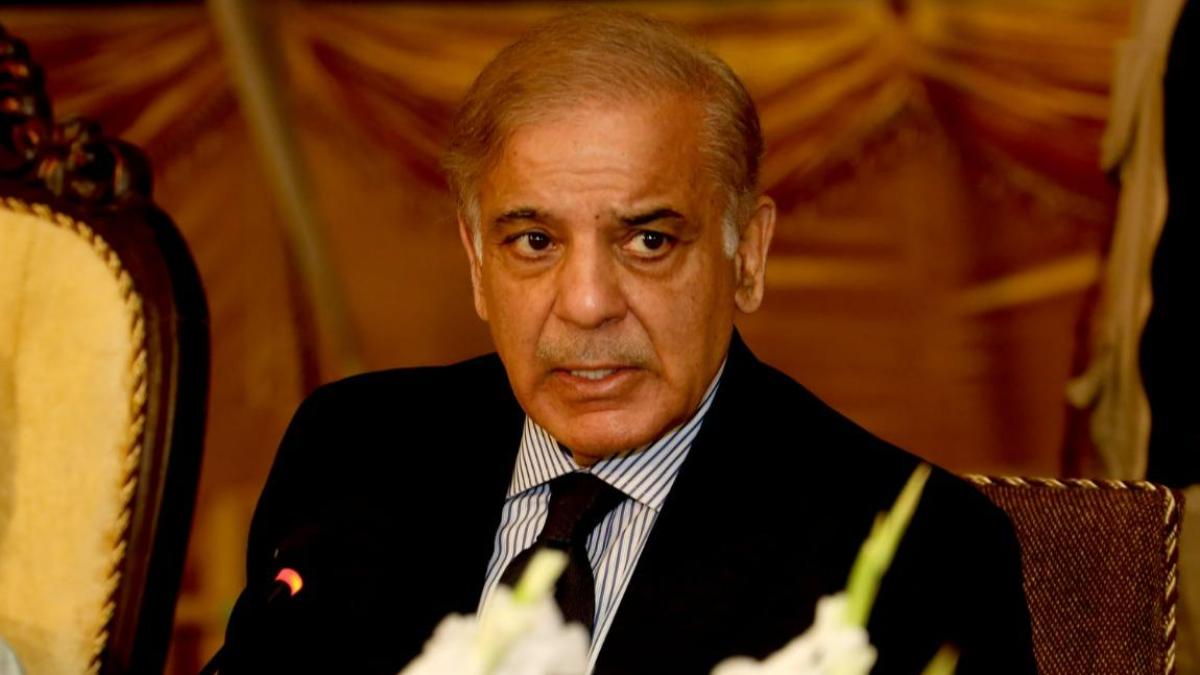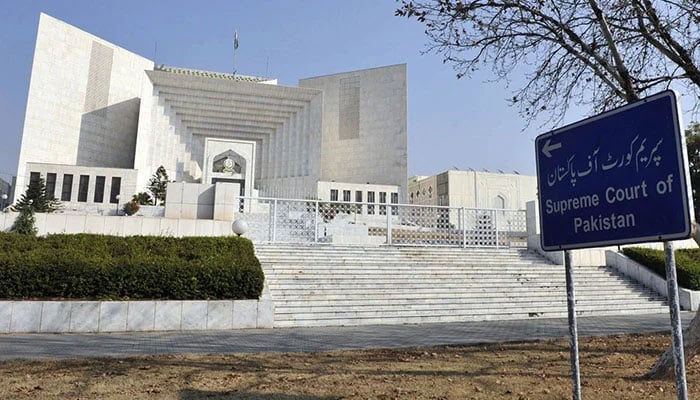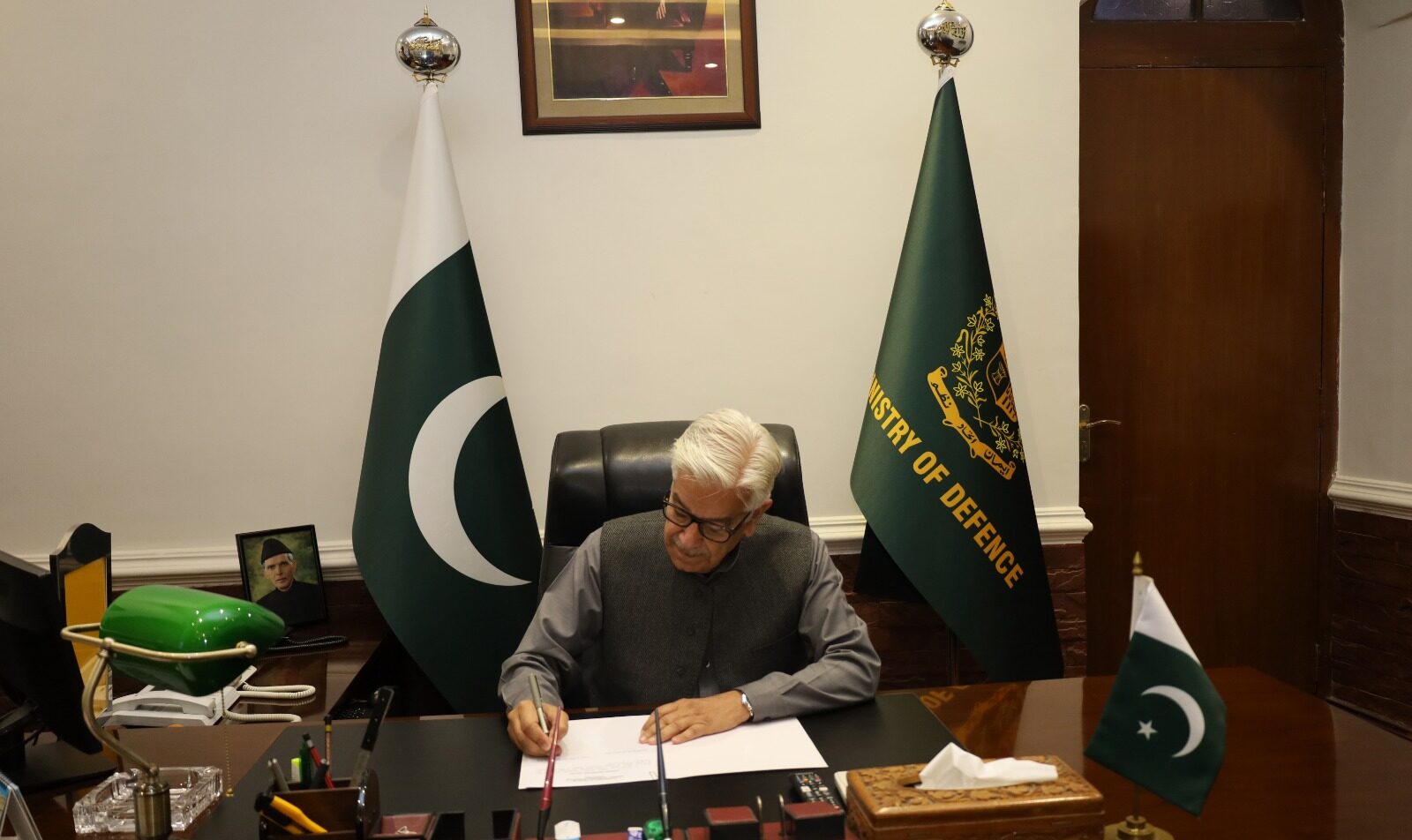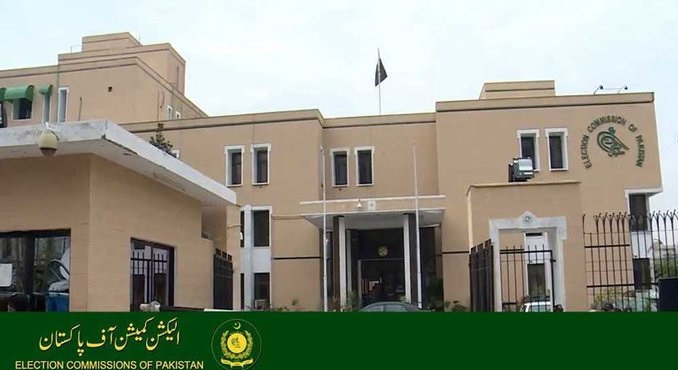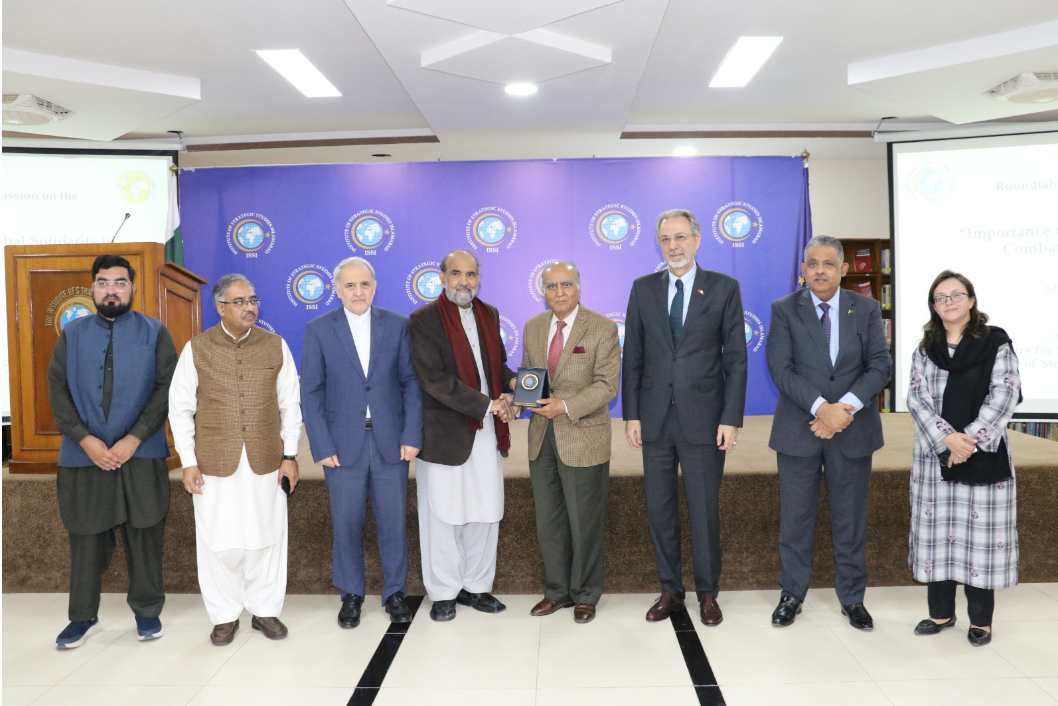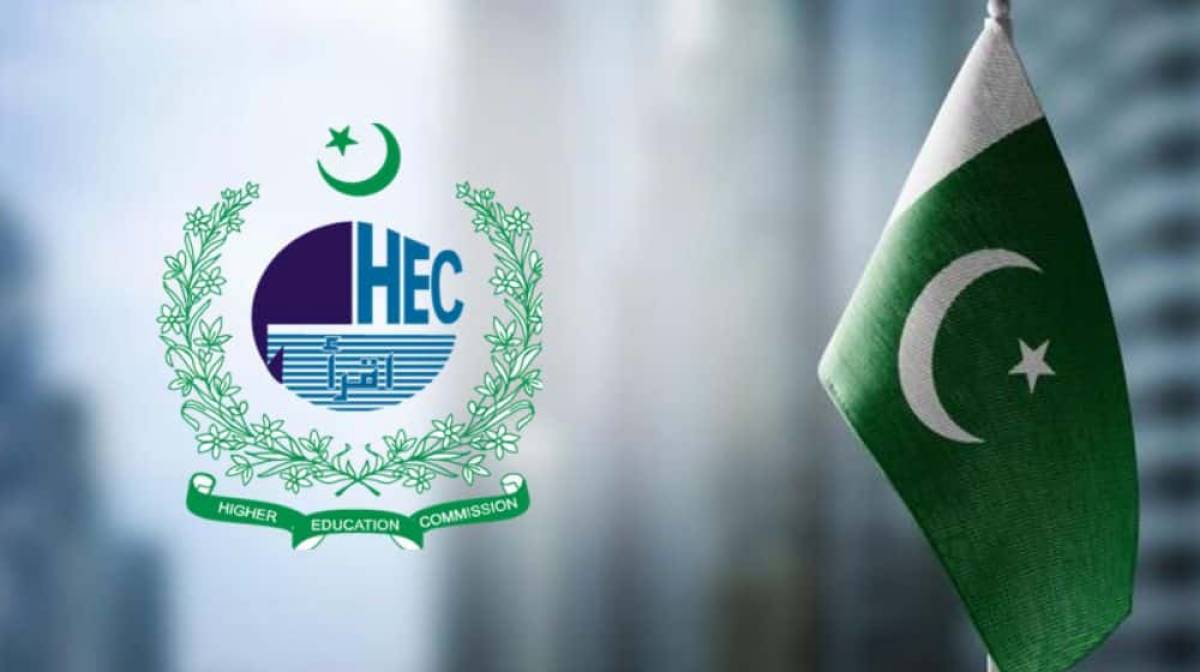ISLAMABAD, Apr 4 (APP): Pakistani scholar, Aftab Alam Khan, is a leading contributor to an award-winning project shedding light on the hardships faced by the most vulnerable populations across 14 countries due to soaring inflation in essential commodities such as food, fertilizer, water, and petroleum products. Khan, as a consultant, served as the author of the report titled The Human Costs of the Food Crisis: How Price Spikes are Wreaking Havoc Across the Globe.
A short film based on the research, won the prestigious Smiley Charity Awards 2024 in the International Impact Category on March 20, 2024. Held annually in London, the British awards ceremony celebrates cause-based storytelling, showcasing films that inspire action and awareness for various social causes. The event, hosted at Leicester Square’s ODEON Luxe, London, also drew a global audience of over 250 thousand viewers via live stream. The Smiley Charity Film Awards are hailed as the “Oscars for the charity sector”, said the lead author while addressing media at a news conference here on Thursday.
Aftab Alam Khan is a Chevening Scholar and international expert in climate change, social development, and food security. He has developed climate-resilient solutions across 35 countries and has advised governments in Pakistan, Indonesia, and South Africa. Besides motivating students to conduct their theses on climate change, Mr Khan has contributed to integrating climate change into university curricula. He is a regular speaker on national and international platforms and has conducted extensive training sessions for youth, university professors, and personnel from the government, private sector, and NGOs. Mr. Khan also conducted research projects on the nexus of climate-water-food-energy and designed successful climate-resilient economic projects for rural women.
Spanning 14 countries, including Myanmar, Nepal, Afghanistan, Bangladesh, Democratic Republic of Congo (DRC), Ethiopia, Kenya, Malawi, Nigeria, Sierra Leone, Somaliland, Zambia, Zimbabwe, and Haiti, the research underscores the disproportionate impact of price hikes on the most marginalized communities, particularly women and girls. The study reveals that skyrocketing prices have led to higher school dropout rates for children as parents struggle to afford school fees and start relying on child labor to support their livelihoods. The inflation has also resulted in a surge in child marriage rates, a decline in women’s health, and worsening mental well-being. Economic pressures stemming from price hikes have forced families to shift to low-quality food and communities have gone into debt.
The report emphasizes that these communities are grappling with compounded crises, including climate disasters, the Ukraine conflict, COVID-19, debt stress, currency depreciation as well as local and regional conflicts.
The policy recommendations in the report include; A) The Committee on World Food Security – housed at the UNFAO, should play a greater role in devising policy options for the alarming situation highlighted in the report. B) National governments should be supported by the United Nations, other international institutions, and donor countries to put in place and strengthen their social protection and public services to cushion the impact of price increases on households. C) Since the debt stress leaves little space to finance social protection initiatives, the international community should cancel the debts of the affected countries.
The report shows that using agroecology has helped to make savings on crop production. Agroecology methods include climate-resilient agriculture by using water-efficient techniques, building soil fertility, and reducing reliance on chemical fertilizers that emit greenhouse gases.
Pakistani Scholar’s lead research-based short film bags inflation impacts int’l award
مضمون کا ماخذ : جیک اور بین اسٹالک


